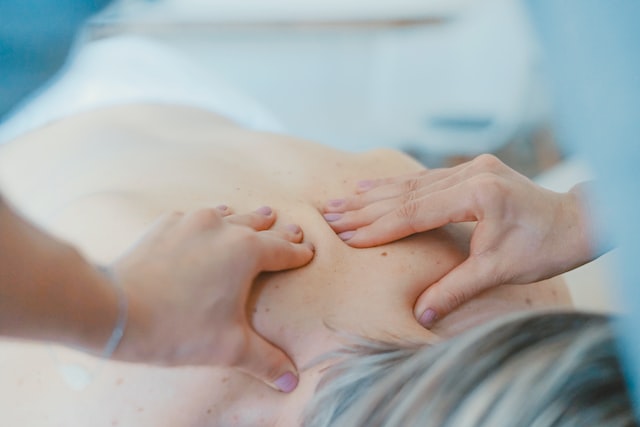Physiotherapists use a wide range of equipment to aid their patients through recovery and rehabilitation.
Depending on the type of injury that a patient has sustained, they will need certain medical tools to aid their recovery from injuries. Clinics like Broadmead Physiotherapy are kept well-equipped with a wide selection of tools and technologies to ensure that they can provide personalized care for every patient.
In this article, we’re going to cover some of the most common pieces of equipment that you’ll find in every physiotherapy clinic.
Equipment that Every Physiotherapy Clinic Should Have
Here are four of the essential tools that every physiotherapist clinic should keep on hand to ensure that it can provide top-quality care for its patients.
- Massage tables
Despite the name, massage tables can be used for more than providing massages to patients. They are sturdy yet comfortable tables that patients can down on when they’re receiving manual therapies and treatments.
With high-quality massage tables, patients can feel as comfortable as possible in the clinic. Adjustable tables also make it easier for physiotherapists to perform hands-on techniques with good form.
- Exercise balls
Sometimes called yoga balls or Swiss balls, exercise balls are perfect for recovery stretches. Clinics can provide exercise programs that utilize exercise balls so their patients can practice them at home.
Exercise balls come in a range of sizes to meet the unique needs of each patient and cater to their height and weight. They’re affordable and multi-functional, and are useful for rehabilitation from a range of injuries.
- Resistance Bands
These rubber bands can enhance a range of physiotherapy-related exercises. Resistance bands can be used to treat muscle imbalance and weakness during recovery from illness or injury. They’re inexpensive, lightweight, and portable.
Patients can take resistance bands home with them to continue their rehab program outside of the clinic. Bands come in a range of sizes and weights so patients can find options that align with their current goals and abilities.
Both long and short resistance bands are helpful in a physiotherapy setting. Shorter bands can help to strengthen specific muscles or muscle groups, such as the gluteus medius or the rear deltoids.
Longer bands are great for compound exercises like pull-ups or overhead presses to improve functionality in multiple muscles.
- TRX
Suspension equipment, known as a TRX, is often found in gyms but it’s also commonplace in physiotherapy clinics. TRX equipment can help patients to build strength, stability, and balance following injuries.
TRX training is a safe form of exercise for people of all ages and backgrounds. It’s great to target the lower body, upper body, core muscles, or all three.
Physiotherapists can easily modify exercises on the TRX too. They can regress or progress movements based on the changing needs of their patients to maximize progress and reduce the risk of further injuries.

